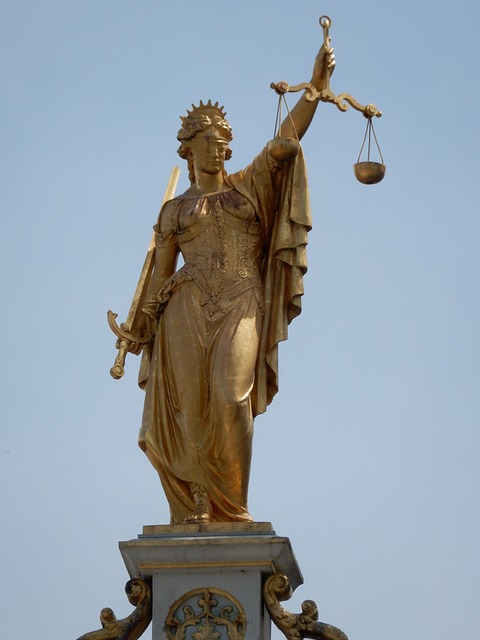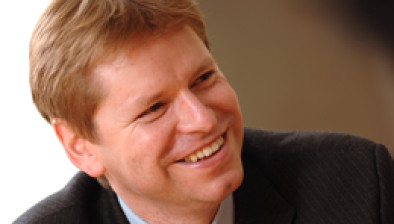Irish law will protect trans people in wake of UK ruling

The Ladies’ Gaelic Football Association (LGFA) has been called upon to reverse its policy allowing trans players from the age of 12 to play in matches, in the wake of a UK ruling on the definition of a woman.
The judgment of the UK Supreme Court means that holders of gender recognition certificates can be excluded from single-sex spaces such as bathrooms or changing rooms.
The Gaels for Fair Play group, which campaigns against transgender women’s inclusion in women’s Gaelic football games, said the LGFA could face legal action from players in Northern Ireland who claim their right to single-sex sport is being denied.
Barrister Laoise de Brún said she expects that the UK Supreme Court’s decision in For Women Scotland v The Scottish Ministers to have “an authoritative and persuasive” effect on any case that comes before the Irish courts.
Professor Donal O’Shea, a consultant who works in the National Gender Service, said the ruling could make life “very challenging” for his patients who are on a “gender journey” if the Irish courts are persuaded by the decision.
“For the majority of patients attending our service, the idea that they would be barred from using female or male toilets or changing rooms, that would be very distressing for them if it came into Ireland,” he said.
A statement from equality minister Norma Foley’s department to the Sunday Independent detailed the protections for transgender people.
“Irish law prohibits discrimination on specific grounds under the Employment Equality Acts and the Equal Status Acts [the Equality Acts],” the spokesman said.
“The Equality Acts give effect to EU legislation on equality and it has been established under EU law that a transgender person who experiences discrimination arising from their gender reassignment, or transition, is protected under the gender ground.
“It is important to note that the UK’s Equal Status Act is not equivalent to the Irish Equality Acts, with separate grounds of discrimination and different wording in both pieces of legislation.”
Professor O’Shea, however, thinks the Irish courts would follow the UK and make a similar “black and white ruling”.
“The most positive journeys I have been involved with are people who are journeying and get full support from family, from friends and their sports clubs,” he said.
“You mention sports clubs and people immediately flip to Olympic medals. It’s not about that. It’s not about elite, because that is the tiniest percentage of trans people. I’ve seen some of our patients and the way the GAA has handled their gender affirming journey has just been amazing.”
Ms de Brún, founder of the Countess group, which campaigns for same-sex spaces, said the judgment clarifies the interactions between transgender people and equality law.
“It’s a shield, not a sword. So, transgender people can’t invoke the right to use the female toilets in a workspace because then they’re encroaching on the female-only spaces and eroding the protective rights of female employees. But it will protect them from being harassed and discriminated against.”









